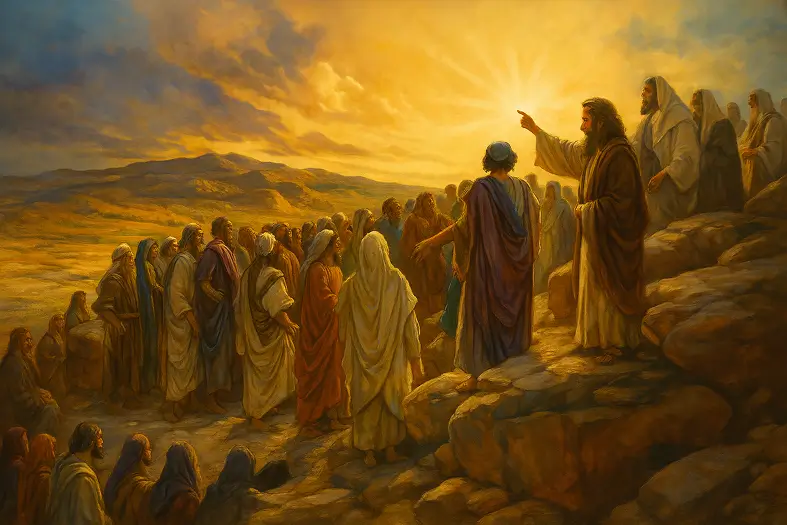


It is forbidden to consult a Yidoni, a medium who claims to channel voices through bone rituals.
The prohibition of Yidoni forbids consulting a medium who claims to reveal knowledge through rituals involving a bird’s bone placed in the mouth, from which a voice seems to speak. The Talmud (Sanhedrin 65b) explains that Yidoni differs from Ov: while Ov produces hollow voices from under the arm or mouth, Yidoni uses a ritual with bones to channel speech. Rambam (Hilchot Avodat Kochavim 11:17) codifies that both Ov and Yidoni are prohibited forms of necromancy, fraudulently imitating prophecy. Sefer HaChinuch (Mitzvah 514) explains that both Ov and Yidoni represent superstition, falsehood, and deception, drawing Jews away from Torah and Hashem. Rashi clarifies that Yidoni was believed to provide supernatural answers, but in truth it was a deception rooted in idolatry. Ramban emphasizes that these prohibitions guard Israel’s emunah and elevate them above pagan cults.
Commentary & Classical Explanation:
Contrast with Ov (Mitzvah 65):
Parallel to Prophecy (Mitzvah 9):
Psychics with Ritual Objects
“Spirit Devices” and Channeling Tools
Performance Mediums
New Age Practices with Ritual Props
Digital “Spirit Simulators”
Healthy Alternatives


Mitzvot that prohibit worship of false gods and practices associated with idol worship.
Pertains to the power of speech—both positive and negative—including lashon hara, vows, and blessings.
Relates to internal intentions, beliefs, and mindfulness in performing mitzvot or avoiding transgressions.
Represents Emunah—the deep, inner trust in Hashem’s presence, oneness, and constant involvement in our lives. This badge symbolizes a heartfelt connection to G-d, rooted in belief even when we cannot see. It is the emotional and spiritual core of many mitzvot.
Associated with belief in and obedience to G‑d’s prophets, as well as reverence for their role in transmitting Divine truth.
Signifies awe and reverence toward Hashem—living with awareness of His greatness and presence.
Represents the concept of spiritual intentionality, purity, and sanctity—set apart for a higher purpose.
Mitzvot that define and deepen the relationship between a person and their Creator. These include commandments involving belief, prayer, Shabbat, festivals, sacrifices, and personal holiness — expressions of devotion rooted in divine connection.

Dive into mitzvos, prayer, and Torah study—each section curated to help you learn, reflect, and live with intention. New insights are added regularly, creating an evolving space for spiritual growth.

Explore the 613 mitzvos and uncover the meaning behind each one. Discover practical ways to integrate them into your daily life with insights, sources, and guided reflection.

Learn the structure, depth, and spiritual intent behind Jewish prayer. Dive into morning blessings, Shema, Amidah, and more—with tools to enrich your daily connection.

Each week’s parsha offers timeless wisdom and modern relevance. Explore summaries, key themes, and mitzvah connections to deepen your understanding of the Torah cycle.